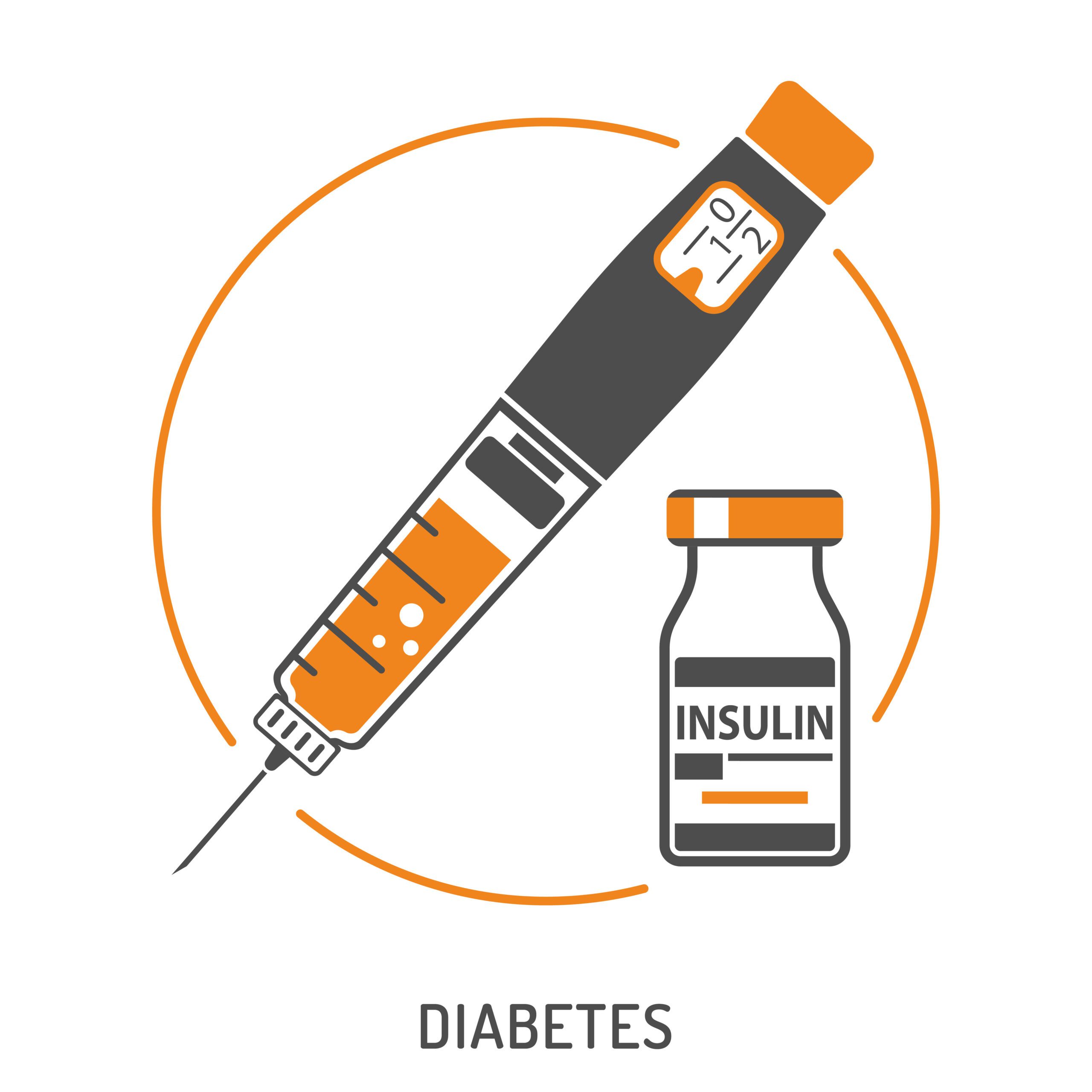Diabetes & Glaucoma Put Millions At Risk for Unexpected Blindness
August 7, 2017
 595
595 
Unexpected sight loss is more common than you may think. Blindness often happens without prior warning signs and in people unaware they are at risk.
The two most common culprits of unexpected sight loss are diabetes and glaucoma. These diseases are known as the “sneak thieves of sight” because symptoms may not occur in the early stages. By the time a person realizes something is wrong, irreversible vision loss often occurs.
In fact, diabetic eye disease is the leading cause of blindness in adults. An average of 55 Americans go blind from the disease each day. The numbers threaten to rise sharply as diabetes becomes increasingly common due to poor eating habits, infrequent exercise and an aging population. One in three children born in the United States five years ago are expected to become diabetic during their lives.
Diabetes causes partial or complete loss of vision in as many as 70 percent of those who have it. Yet 30 percent of all people who have diabetes don’t even know they have it. Even people who know they have diabetes downplay the risks they face.
According to a survey of diabetics sponsored by Lions Clubs International, 60 percent were not worried about going blind or losing a limb. In reality, 74 percent of diabetics will develop serious complications that could lead to loss of sight or a limb or kidney failure.
Glaucoma, on the other hand, is a group of eye diseases that slowly damage the fine nerves that connect the eye to the brain. For most people, this damage occurs when pressure in the eye is too high. When these nerves are damaged, vision loss may result.
Glaucoma is the second-leading cause of blindness in the United States. But like diabetes, not enough people know about it: An estimated 4.2 million Americans have glaucoma but half are not aware of it.
Diabetes and glaucoma are especially prevalent among blacks and Hispanics. These groups are believed to have a genetic predisposition to the diseases and are much more at risk than Caucasians. Others particularly at risk for glaucoma are people over 60, those with a family history of glaucoma, diabetics and the very near-sighted.
The good news for those at risk is that a dilated eye exam can detect the two diseases and early treatment can prevent vision loss. Vision experts urge at-risk people to have regular eye exams.
Raising awareness of diabetic eye disease and glaucoma is key to preventing unnecessary blindness. Lions Clubs International works with Lions clubs, community groups and individuals to publicize the need for early detection and timely treatment of the two diseases. The Lions Eye Health Program provides materials for distribution at health fairs, senior citizen centers and similar gatherings. It also offers strategies for raising awareness of the eye diseases.

A new study suggests that a widely used sugar substitute found in diet sodas, chewing gum, and low-sugar yogurt may elevate insulin levels. This could increase the long-term risk of heart disease. “Artificial sweeteners have infiltrated nearly all types of food, making it crucial to understand their long-term health effects,” said Yihai Cao, senior author […]

Diet Coke has long been a fan-favorite among soda lovers who want a fizzy, guilt-free alternative to traditional soft drinks. While its zero-calorie, zero-sugar label makes it seem like a healthier option, the reality is far more concerning. Despite its undeniable popularity, Diet Coke’s nutritional profile has raised red flags among health experts for years. […]

New study shows that embracing an anti-inflammatory, plant-forward diet can support cognitive function and help reduce the risk of dementia. What You Eat Shapes Your Brain The food you eat doesn’t just impact your body—it also affects your brain. Research suggests that eating an anti-inflammatory, plant-based diet can help improve memory, focus, and overall brain […]